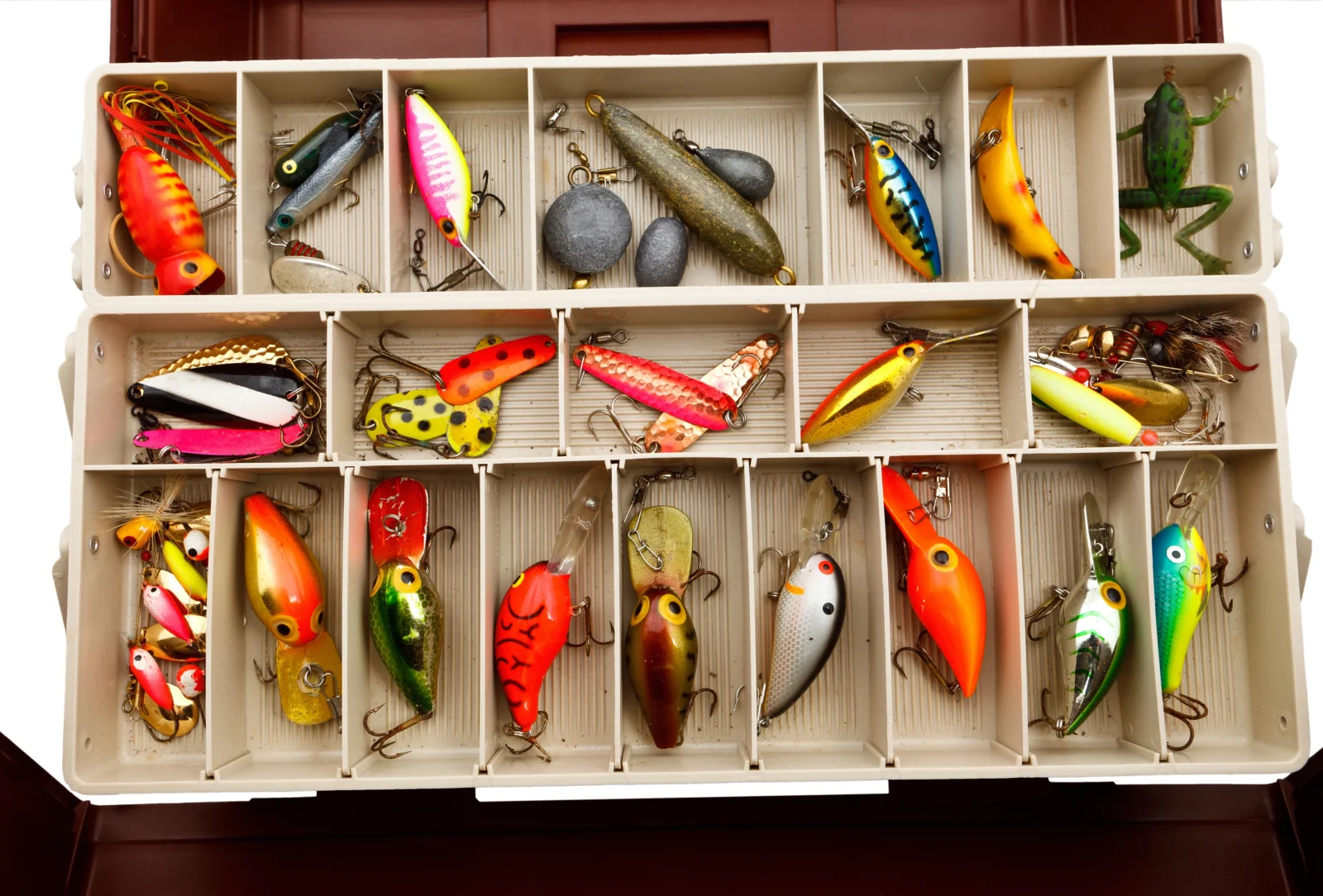The Comprehensive Guide to Boat Financing in Today’s Market
Navigating the world of boat purchases can be exhilarating, but the financial aspect, especially with today’s fluctuating interest rates, demands a closer look. With a significant number of boat enthusiasts (70%) choosing to finance their boat, a deep understanding of boat financing has never been more crucial. Here’s a detailed insight into boat financing, considering the current interest rate trends and their implications.
What is Boat Financing?
Boat financing mirrors the financing process of other sizable acquisitions. A lender agrees to lend you a specific amount to purchase your boat, and over a stipulated period, you repay the loan with interest.
However, boat loans have a distinct feature: their interest rates are considerably higher than those for other assets like cars or homes. Today, boat loan rates can range anywhere from 7.99% to a staggering 25%. This significant range stems from the view of boats as luxury items rather than essentials. In a challenging financial situation, one is more likely to default on a boat loan than on a home or car loan, rendering boat loans a higher risk for lenders.
The Impact of Rising Interest Rates
The current economic climate sees interest rates on an upward trajectory. Rising rates can significantly influence boat financing in multiple ways:
- Higher Monthly Payments: As interest rates climb, monthly payments for new boat loans may also increase, potentially making boat ownership less affordable for many.
- Greater Total Loan Cost: Over the loan’s duration, boat owners might find themselves paying a considerably higher amount in interest than initially anticipated.
- Stricter Approval Criteria: With higher risks associated with increased rates, lenders might tighten their approval criteria, making it challenging for potential boat owners with lower credit scores to secure financing.
Types of Boat Loans
Understanding the types of boat loans becomes even more critical in a high-interest environment:
- Secured Loans: Backed by collateral like a savings account or another vehicle. If you default, the lender can claim the collateral. Given the presence of collateral, secured loans might offer relatively lower interest rates within the boat financing spectrum.
- Unsecured Loans: These loans don’t require collateral but hinge heavily on your credit score and financial health. In the current climate of rising interest rates, unsecured loans might come with even steeper rates.
- Second Mortgage: An option where your home serves as collateral. While this might offer lower rates within the boat loan range, it’s the riskiest option due to the collateral involved.
Preparing for Boat Financing
Credit Score: Your credit score plays an even more pivotal role in today’s high-interest environment. Generally, a score above 600 is preferred, though the ongoing rate hikes might make lenders even more selective.
Debt-to-Income Ratio (DTI): This represents the percentage of your income allocated for debts, including mortgages, credit card payments, and more. A DTI exceeding 40-45% could pose challenges in loan approval, especially in the current financial landscape.
Stability: Your job and residence stability can positively impact a lender’s decision. In uncertain economic times, long-standing employment and housing situations can be beneficial.
Getting Pre-Approved
After familiarizing yourself with your financial standing, seeking pre-approval becomes the next step. Marine dealerships often facilitate this process, or you can approach lenders directly. Remember, given the current rates, down payments, typically ranging from 10% to 20%, become even more critical to reduce the financed amount.
Final Thoughts
Boat financing in today’s market, with its rising interest rates, requires meticulous planning and understanding. If an upfront payment for the boat isn’t feasible, financing remains a viable option. However, always aim for the lowest rate and shortest term to save money in the long run.
In the current landscape, every extra dollar put down can significantly reduce your interest burden. An additional tip: whenever possible, make higher payments than the minimum required. This strategy can help you offset some of the rising interest costs.
To conclude, boat buying is an investment, and with the right preparation, even in a challenging market, you can make well-informed financial decision. If you’re ready to take the plunge, or have any questions about purchasing or financing, reach out to our financing team online.






 Discover Black Label Marine Group — Florida’s premier boat dealership. From Ocala to Clearwater to Punta Gorda, we offer an unparalleled boating experience with a curated selection of top brands like Sea Fox, Caymas, Crownline, and Finseeker. Dive into your next adventure with us and become part of the Black Label boating family!
Discover Black Label Marine Group — Florida’s premier boat dealership. From Ocala to Clearwater to Punta Gorda, we offer an unparalleled boating experience with a curated selection of top brands like Sea Fox, Caymas, Crownline, and Finseeker. Dive into your next adventure with us and become part of the Black Label boating family!